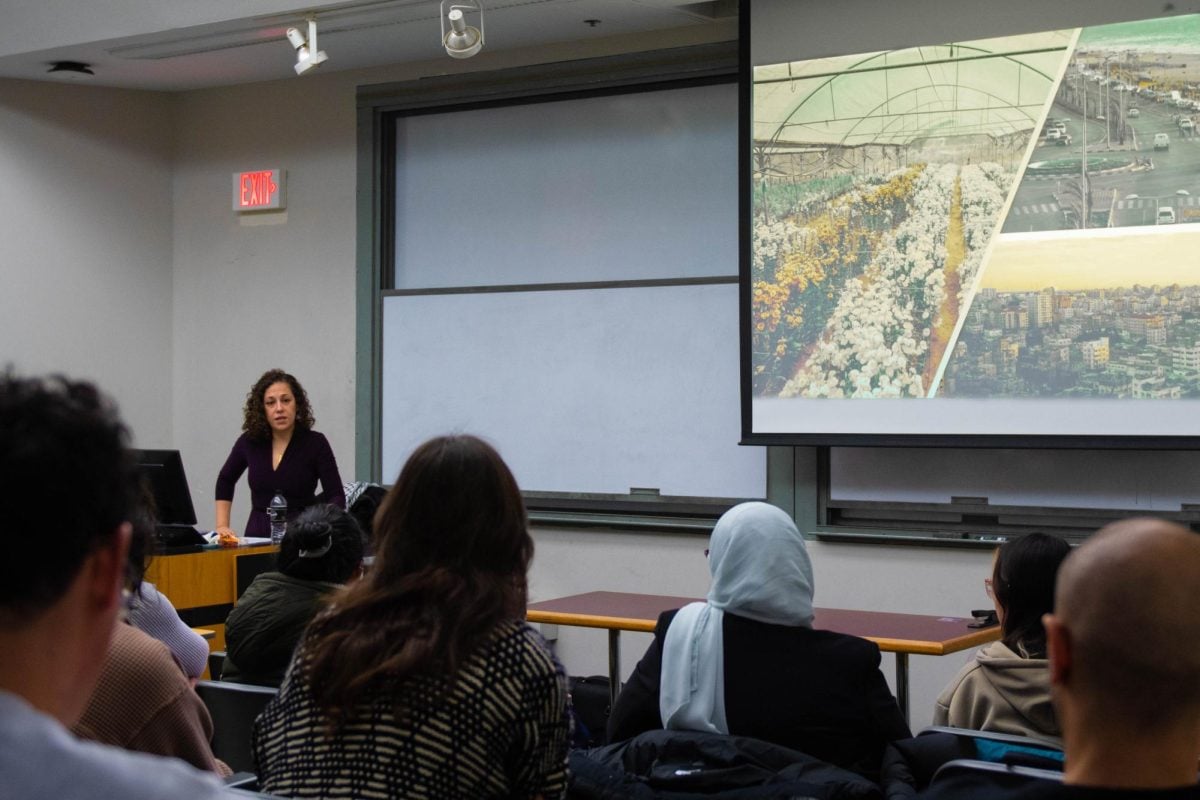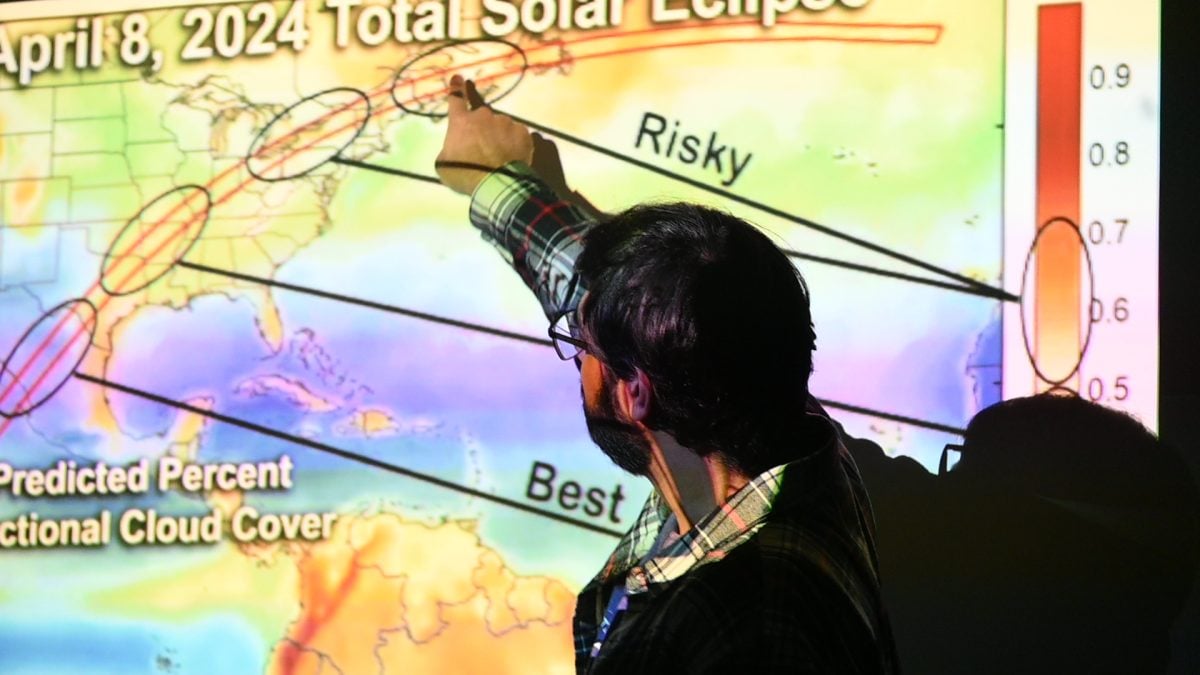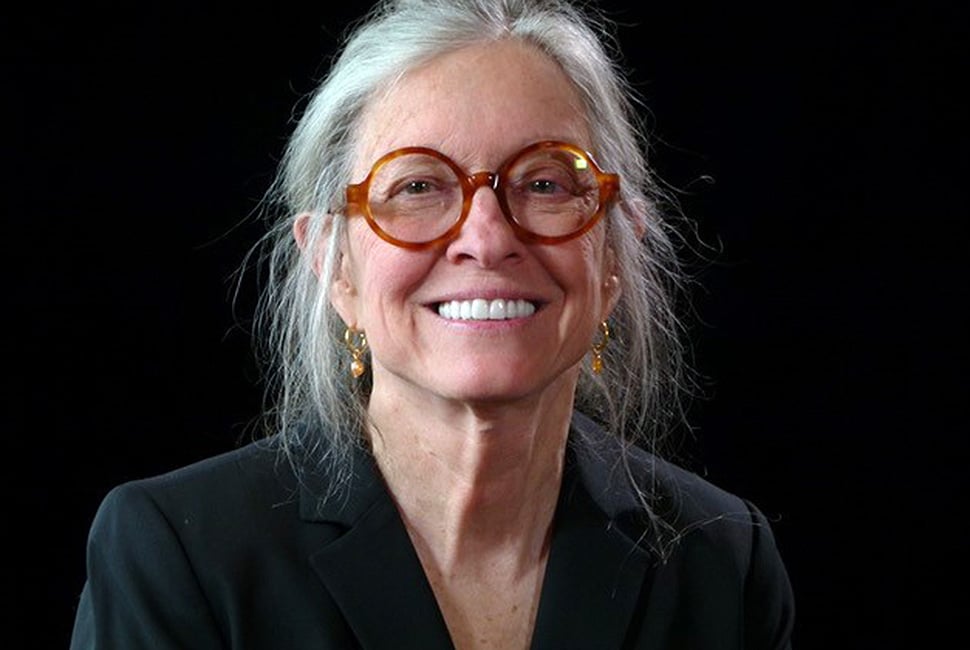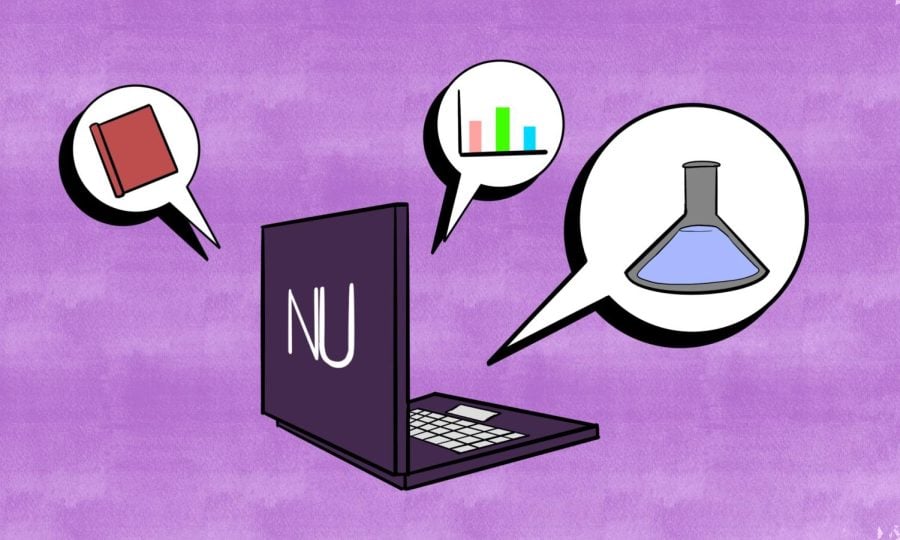Nour Joudah said when she accepted an invitation to speak at Northwestern about Palestine in late November, she thought, in a “rare moment of optimism,” that she would be speaking after a ceasefire.
Joudah, a professor in the Asian American Studies Department at the University of California, Los Angeles, spoke Friday afternoon in University Hall about the current crisis in Gaza and broader Palestinian life.
Israeli forces have killed more than 22,000 Palestinians in Gaza since the militant group Hamas’ attack on Israel on Oct. 7, which killed about 1,200 people, according to Israeli and Palestinian authorities. The death toll in Gaza has increased by thousands since a seven-day ceasefire ended on Dec. 1.
The talk was hosted by NU’s Middle East and North African Studies Program and co-sponsored by the Asian American Studies Program. To prepare, Joudah said she asked Palestinians and non-Palestinians what they wish they had learned about Palestine sooner.
Responses ranged from the vibrance of Palestinian civil society to the vastness of the Palestinian diaspora. Joudah said her favorite response was, “I wish I had read the novels and the poetry first.”
“The hardest thing about the premise of writing the lecture for a Palestine 101 series is accepting and being at peace with how much you will leave out,” Joudah said.
Her talk, titled “Palestine Lives: A Story of Survival,” is part of the MENA department’s guest speaker series Palestine in Context.
The series was created to remedy a lack of academic spaces at NU dedicated to discussing Palestine and Palestinian people, according to MENA Prof. Wendy Pearlman, interim director of the department.
“To my knowledge, there aren’t any classes at Northwestern that focus exclusively on Palestine and the Palestinians,” Pearlman said when she introduced Joudah. “There are no Palestinian faculty who specialize in research on Palestine. This is a huge gap.”
Joudah lectured on how the boundaries of Palestine were redrawn during its years under British control and highlighted the community-oriented work of harvesting olive oil and Jaffa oranges, which have become symbols of Palestinian identity.
Joudah framed her narrative of Palestine through a lens of “sumud,” an Arabic word often translated as “steadfastness” that can also mean perseverance, survival and determination. The word is often used to describe daily Palestinian resistance.
One aspect of “sumud” Joudah highlighted was the pursuit of education, which she said plays a crucial role in Palestinians’ ability to build a nation, something they have been historically denied. During the Nakba — the forced mass displacement of 750,000 Palestinians from historic Palestine by Israeli forces in 1948 — Joudah’s then 14-year-old father risked his life in the middle of his journey to refuge, and returned home to retrieve his school records, Joudah recounts.
Those papers enabled Joudah’s father to finish his education, making him the only one of his siblings to do so and paving the way for Joudah herself as well as dozens of her cousins to do the same, she said.
Arabic Prof. Fadia Antabli attended the talk and said she appreciated Joudah sharing her family’s story.
“As I think about (Joudah’s) comments about collective memory and how every single story is an important story … I think about my family,” she said. “The birth certificates, the document of the land — nothing is sustained.”
Antabli said her family fled Jerusalem in 1967 when another 300,000 Palestinians were displaced following Israel’s occupation of the West Bank and the Gaza Strip.
For Joudah, the most important aspect of “sumud” is that it is not an individual experience, but a collective one that unites a community.
“When we look back, we know this genocide did not start in October,” Joudah said. “We also have to remember … that the Palestinian experience and landscape is characterized by more than a loss. The Palestinian story is one that is continuously redefining survival across borders and generations.”
Email: [email protected]
X: @joyycee_li
Related Stories:
— Author Nathan Thrall speaks about new book on Israeli-Palestinian conflict
— Fossil Free NU, FMO and NU SJP host teach-in on solidarity with Stop Cop City















